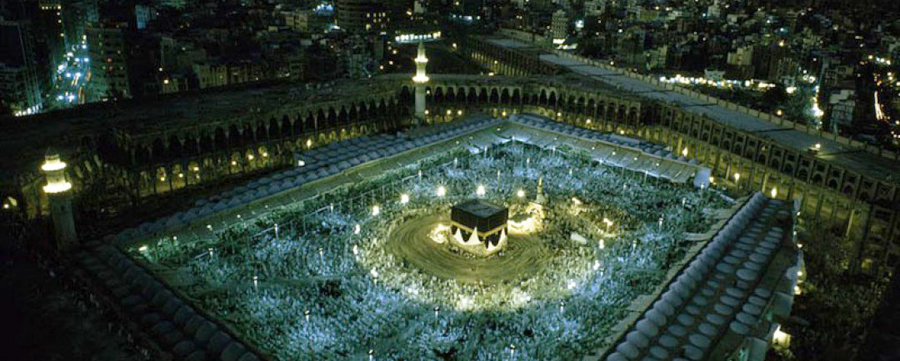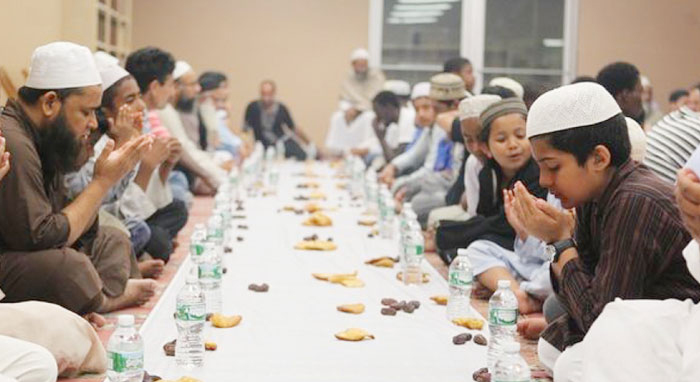50 things to do in Hajj Always intend reward from Allah for everything you go through during Hajj
- Smile in other Muslims face
- Say Salam to strangers
- Shake someone’s hand and ask about their health
- Buy tea for someone
- Offer to get someone’s groceries
- Sit with a Hajj group from another country and ask about Islam in their village
- Carry someone’s bags for them
- Guide someone ill to the infirmary
- Shun vain talk
- Recite talbiyah loudly, encouraging others
- On the days of Eid, walk through the tents reciting talbiyah loudly reminding others
- Gather stones for people
- Offer to throw on behalf of unable Hajjis
- Guide people to the Jamarat
- Lower your gaze
- Remind people of the lives of the Sahaabah
- Read Qur’an with the Tafseer
- Do the authentic Dhikr of the morning and evening
- Make dua during your Sajdah
- Stand to the side of a gate and offer people water/tea as they leave
- Give major attention to shy people in your group
- Remind people of patience, why they came here, and the example of our Ulumaa’ in Hajj
- Explain a Hajj Khutbah you may have heard to those around you
- Explain the importance of purifying one’s actions for the sake of Allah
- Phone relatives (from Makkah) on Eid day
- Make dua for forgotten friends (and the author of this list)
- Don’t allow Muslims to fight during Hajj
- Help people find a place to sleep
- Remember – during the heat – the unending torment of hellfire
- Say ‘Laa ilaaha illa Allah, wahdahu laa sharika lah, lahul Mulk wa lahul hamd, wa Huwa ‘ala kulli shay’in Qadeer’ 100x
- Say the dua of entering the market place when you go there
- Give charity to those who sell meager things (sandals/eggs)
- Attend the Halaqahs that are given in Mina
- Stay for the 13th of Dhul Hijjah
- Remind people to go home as better Muslims
- Forgive people that wrong you
- Talk to 10 different people from 10 different countries
- Compliment someone sincerely
- Visit the hospital and thank Allah for all that he has given you
- Take young Muslims and invite them to sit with the elders. Make them the center of attention.
- Give a Tafseer class after Salah / ask someone knowledgeable
- (For men) On the days of Eid, offer perfume to those around you
- Ask about the health of senior women in your group. Make sure they are attended to.
- Focus hard on helping those immediately near you
- Take people to the slaughterhouse and help them / Or assist them in purchasing their slaughter coupons
- Remember specific blessings Allah has bestowed upon you and say Alhamdulillah
- Pray to Allah using his 99 most beautiful names (al Asmaa’ al Husna)
- Use a Miswak
- Fill your pockets with candies and give to the children that you meet
- Always intend reward from Allah for everything you go through during Hajj
Umrah Packages | Hajj Packages | Ramadan Umrah Packages | December Umrah Packages
Source: islamicity.org

